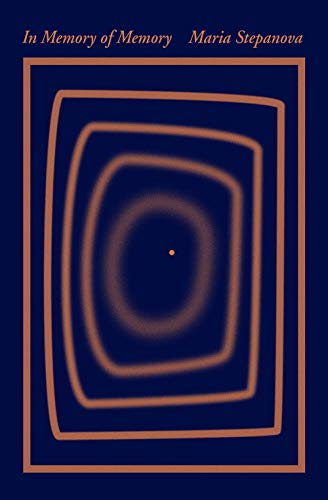In Memory of Memory by Maria Stepanova
After her aunt passes away, the narrator is left to sort through an apartment filled with dwindling collections of mementoes from a century in Russia, including old postcards, letters, diaries, and photographs. These fragments, which were meticulously put back together with calm, steady hands, depict how an apparently ordinary Jewish family overcame the numerous persecutions and repressions of the previous century.
A great soft-spoken, poetic voice and a special intellectual curiosity permeate In Memory of Memory. Stepanova assembles a broad panorama of ideas and figures and presents a completely fresh and daring study of cultural and personal memory by drawing on a variety of formats, including essay, fiction, memoir, travelogue, and historical documents.
In Memory of Memory by Maria Stepanova
26 used from $9.98
Free shipping
Jewish Russians make up Maria Stepanova’s family. Along with her parents, one grandmother, and two great-grandmothers, she grew up in a Moscow flat. She consequently grew up somewhat in tandem with her family’s past. Many of the major tragedies of the 20th century—the Russian Revolution, the ensuing civil war, Stalin’s purges, and the Holocaust—have affected one or more members of the family. Happily, though they experienced the aftershocks of those catastrophic occurrences, they were never in the thick of them.
The book explores the various ways we honour those who have gone before us, from family legends that aren’t necessarily accurate and can be conflicting to old letters and pictures. Her great-grandmother’s medical career, when there were so few female doctors in the UK but ostensibly many more in Russia, is the one that comes through in the most detail. There are chapters that go into great detail on several pieces of art.
She discusses how fascinating it is to look aside from the epicentres of historical events and observe what is happening to the individuals on the periphery of them. Her relatives were progressively separated by something much more subtle and nefarious, despite the fact that they avoided some of the tragedies that may have befallen them. owing to time itself, from which none of us can run. This large, thoughtful, and generous work so turns into a type of meditation on death. This work is dripping with grief and remorse. But it’s also a lot of fun. Stepanova approaches the pathos of death with a brilliant sense of humour.


 Amazon.com
Amazon.com 




